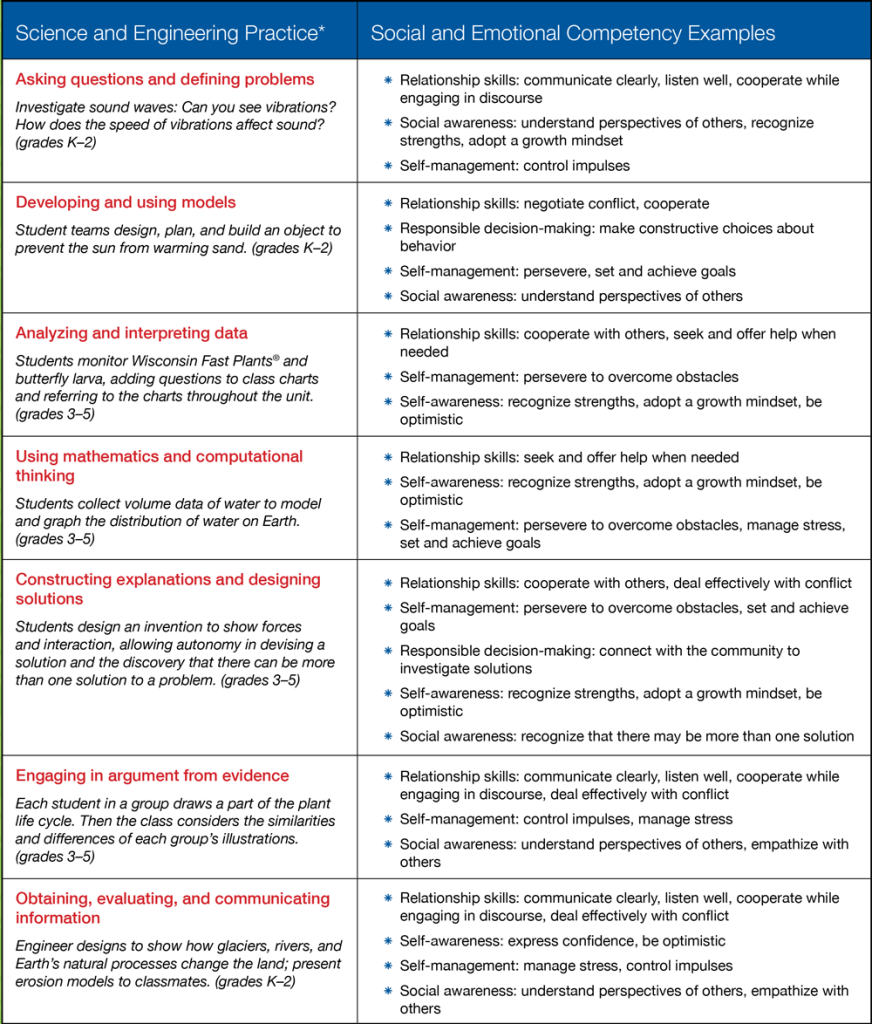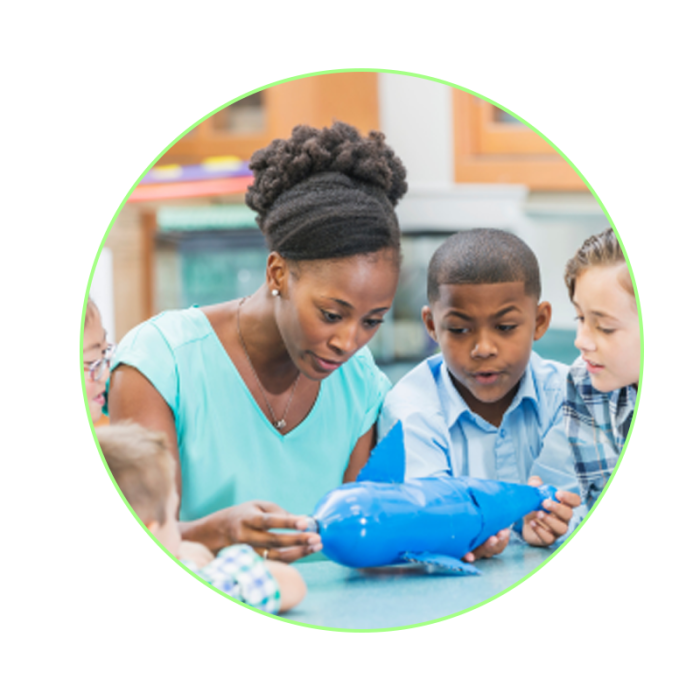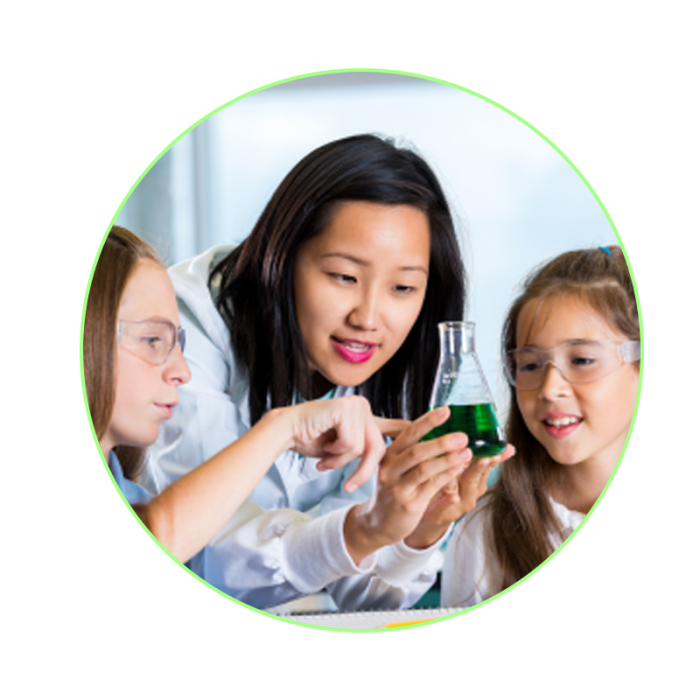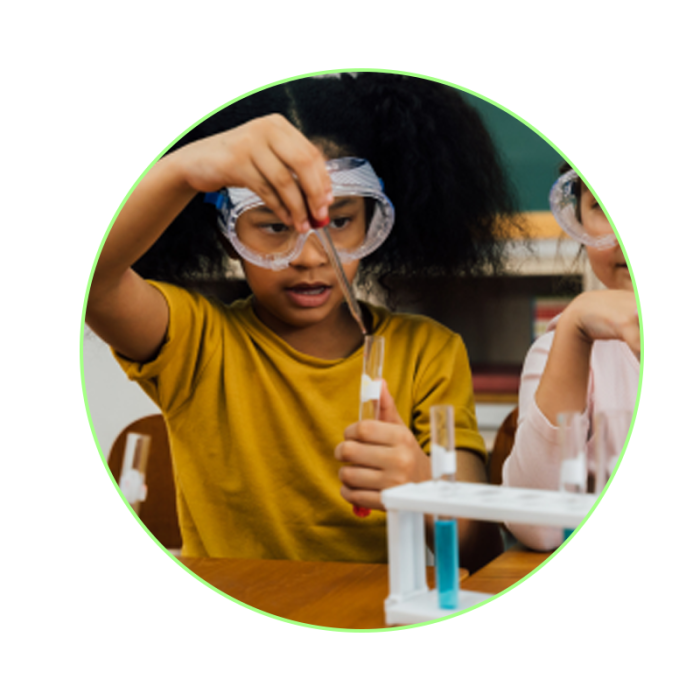Social and Emotional Learning in the 3-D Science Classroom
Social and emotional learning (SEL), those soft skills that have traditionally been key for young learners, are becoming integral components of the school day for all grades—from preschool through high school.
The SEL Movement
- Self-awareness
- Self-management
- Social awareness
- Relationship skills
- Responsible decision-making
- A 2011 meta-analysis involving more than 270,000 kindergarten through high school students demonstrated that SEL participants had an 11-percentile point gain in academic achievement.4
- A 2017 meta-analysis of 82 research studies of more than 97,000 grades K–12 students worldwide supported that SEL programming can have positive impacts on academics, conduct problems, emotional distress, and drug use up to 18 years later.5
- A review of six SEL interventions showed that for every dollar invested, there was an economic return of $11.6
- Teachers who themselves have high levels of social and emotional competence are better able to protect themselves from burnout, leading to higher retention rates.7
Science Standards and SEL
- Anchoring phenomena should serve as the main focus of an investigation. Introduced visually, such as through a video clip, it can spark students’ interest, guiding them to make connections and develop relationship and social awareness skills as they communicate their thoughts, listen to their classmates’ ideas, and strive to understand one another’s perspectives.
- Investigative phenomena encourage students to develop a deeper understanding as they persevere in overcoming obstacles to develop explanations of the phenomena and then build models or design solutions to a problem. When presenting their designs or findings to classmates, students need to communicate clearly to present their reasoning using evidence-based claims while classmates are actively engaged through listening and notetaking.
Facilitating Student Success

*Examples are from Building Blocks of Science 3D curriculum.
References
4. Durlak, J. A.; Weissberg, R. P.; Dymnicki, A. B.; Taylor, R. D.; and Schellinger, K. B. 2011. “The Impact of Enhancing Students’ Social and Emotional Learning: A Meta-Analysis of School-Based Universal Interventions.” Child Development, 82(1): pages 405–432.
About Carolina
Carolina Biological Supply Company is a leading supplier of science teaching materials for preschool through college-level classrooms. Headquartered in Burlington, North Carolina, it serves customers worldwide, including teachers, professors, informal educators, and professionals in health- and science-related fields. Carolina is the exclusive developer, publisher, and distributor of the Building Blocks of Science™ 3D grades K–5 curriculum.
*Next Generation Science Standards is a registered trademark of Achieve/WestEd. Neither Achieve nor the lead states and partners that developed the Next Generation Science Standards were involved in the production of, and do not endorse, these products.
About Building Blocks of Science 3D
Building Blocks of Science 3D is a hands-on, phenomena-based grades K–5 curriculum developed to establish a solid foundation in elementary science while addressing the NGSS. It provides all students with multiple opportunities to build social and emotional skills as they engage in three-dimensional learning anchored in phenomena.
Learn More
Learn how a robust three-dimensional, phenomena-based science curriculum supports outdoor learning experiences at Carolina.com/curriculum.
www.carolina.com/bbs
curriculum@carolina.com
800.334.5551









